China ties will be thorny for foreseeable future: Anthony Albanese
In the first of a two-part interview, Anthony Albanese is clear-eyed about the difficulties of dealing with Beijing.
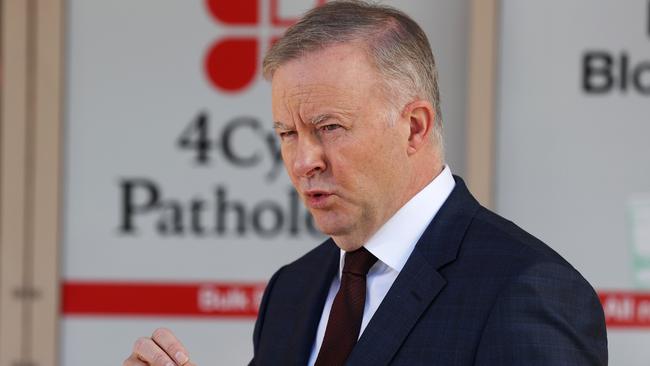
Anthony Albanese says restarting dialogue with China will be a challenge no matter who wins the next election, forecasting a difficult relationship for the foreseeable future under the “forward-leaning” global ambitions of President Xi Jinping.
In a break from Labor’s criticism of the government’s handling of the relationship with China, the Opposition Leader said it was going to be a “challenging relationship regardless of who is in government” and backed the Biden administration’s “competition without catastrophe” approach to Beijing.
In an interview with The Australian, Mr Albanese said the foreign policy of a future Labor government would be based on the “three pillars” of the US alliance, regional engagement and support for multilateral forums.
“I think it was a mistake for Scott Morrison to give a speech as Prime Minister about negative globalism,” Mr Albanese said, declaring the term undermined Australia’s role in multilateral forums and was “along the lines of (Mr Morrison’s) friend president (Donald) Trump”.
Mr Albanese said Labor was at one with the government on key issues on the China relationship, including on the South China Sea, Hong Kong, human rights and protecting Australia’s sovereignty. “We need to also acknowledge that China, under Xi, is more forward-leaning and that presents challenges for us.
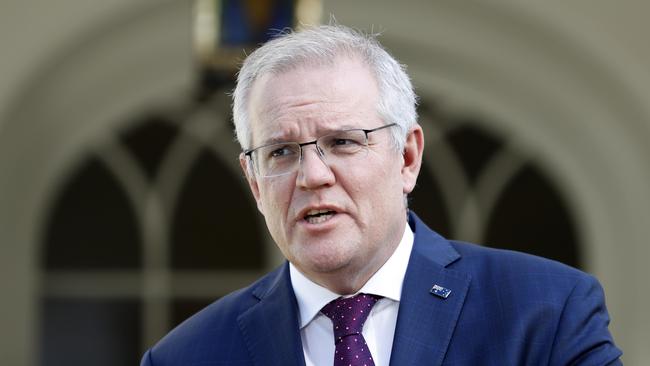
“And that is likely to be a feature that lasts for the foreseeable future,” he said.
“I think it is going to be a challenging relationship regardless of who is in government, but it is important that it be navigated in a diplomatic way, and in Australia’s national interest.
“There is no difference between the political parties in Australia on key issues of standing up for human rights, on national sovereignty, on support for human rights for the Uighurs, on the South China Sea being important, on Hong Kong. On those issues, there is no difference.”
Mr Albanese said it was “unfortunate” there was no dialogue at a ministerial level between China and the Morrison government, but he conceded it would be a “challenge” for a Labor government to reopen dialogue and any meetings with Chinese counterparts should not come with conditions attached from Beijing.
“It will be a challenge whoever is in government but I think that Australian national interest must be always put first,” he said. “Australia should never give up our own values ... but we should always be open to dialogue.”
Mr Morrison inherited a frosty China relationship from Malcolm Turnbull over the exclusion of Huawei from Australia’s 5G network and the introduction of foreign interference laws.
Tensions with China escalated last year after Foreign Minister Marise Payne led the calls for an independent inquiry into the source of the Covid-19 pandemic, with Beijing officials refusing to take phone calls from cabinet ministers and putting restrictions on Australian exports.
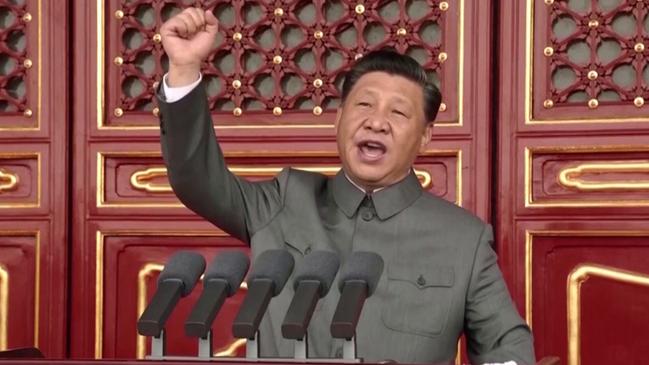
Australian coal, barley, beef, lobster, wine, tourism and education are among exports Beijing has targeted in the past year with tariffs, bans and months-long delays at Chinese ports. At the meeting of G7 nations in June, Mr Morrison won the support of the world’s biggest democracies in pushing back against growing Chinese influence in the Indo-Pacific.
Mr Albanese said the changing global order meant it was critical Australia was highly engaged with the US and other allies in region. “We have an issue of competition between China and the US. China has been more forward leaning and that is likely to continue,” Mr Albanese said.
“I see myself very much as a supporter of the Biden administration’s framing of it, of competition without catastrophe. How do we acknowledge that there is competition there and deal with it, but deal with it in a way that doesn’t lead to catastrophe?
“That means engaging not just with the US but with our other allies in the region.”
He said it was important a strong trading relationship with China was a “permanent feature of the landscape”.
“We need to acknowledge the achievement that is there in terms of the greatest ever lifting of an enormous proportion of the population out of poverty that we have seen China have in the last couple of decades.”



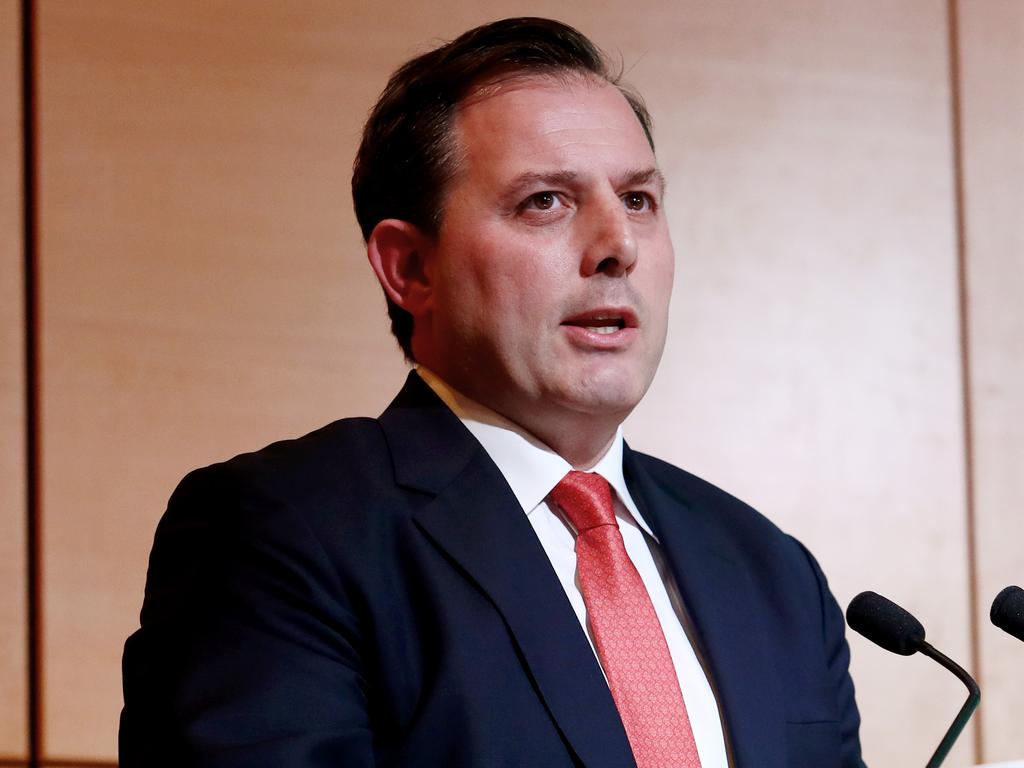
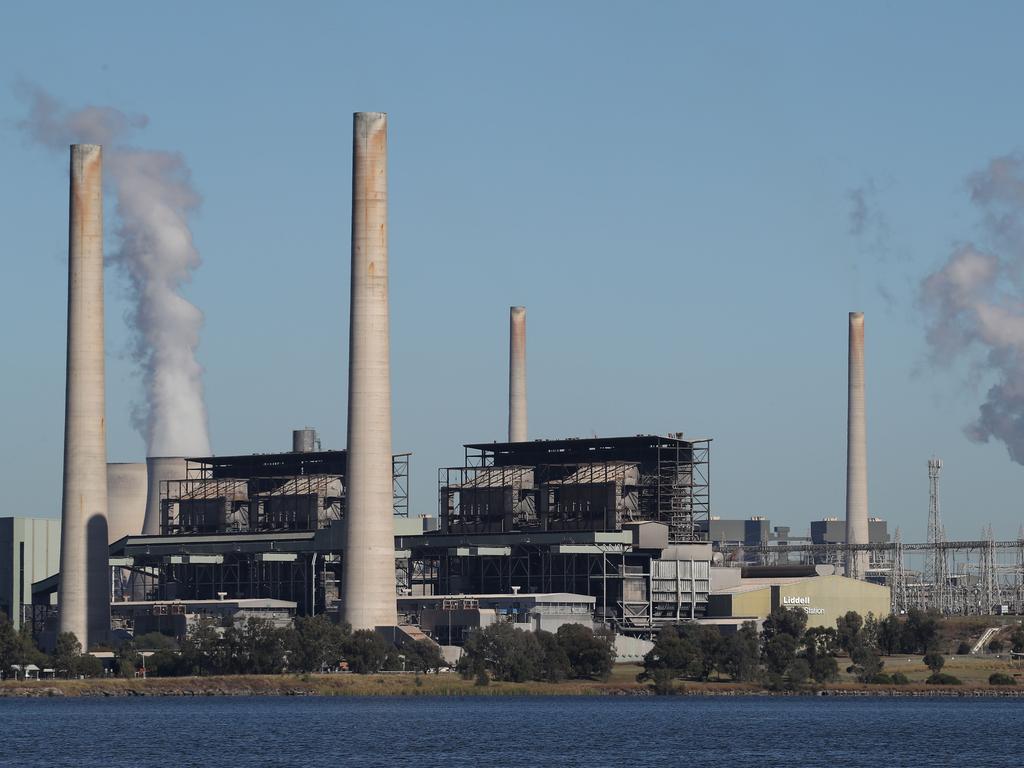


To join the conversation, please log in. Don't have an account? Register
Join the conversation, you are commenting as Logout